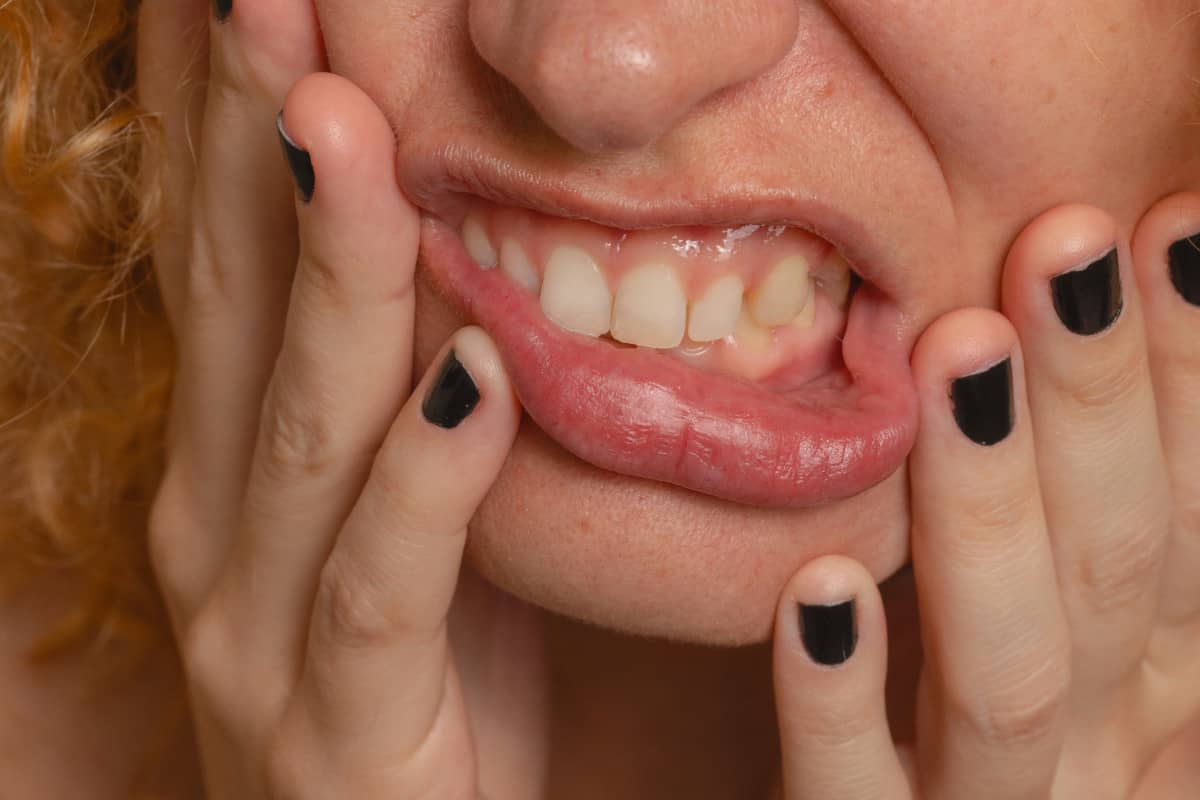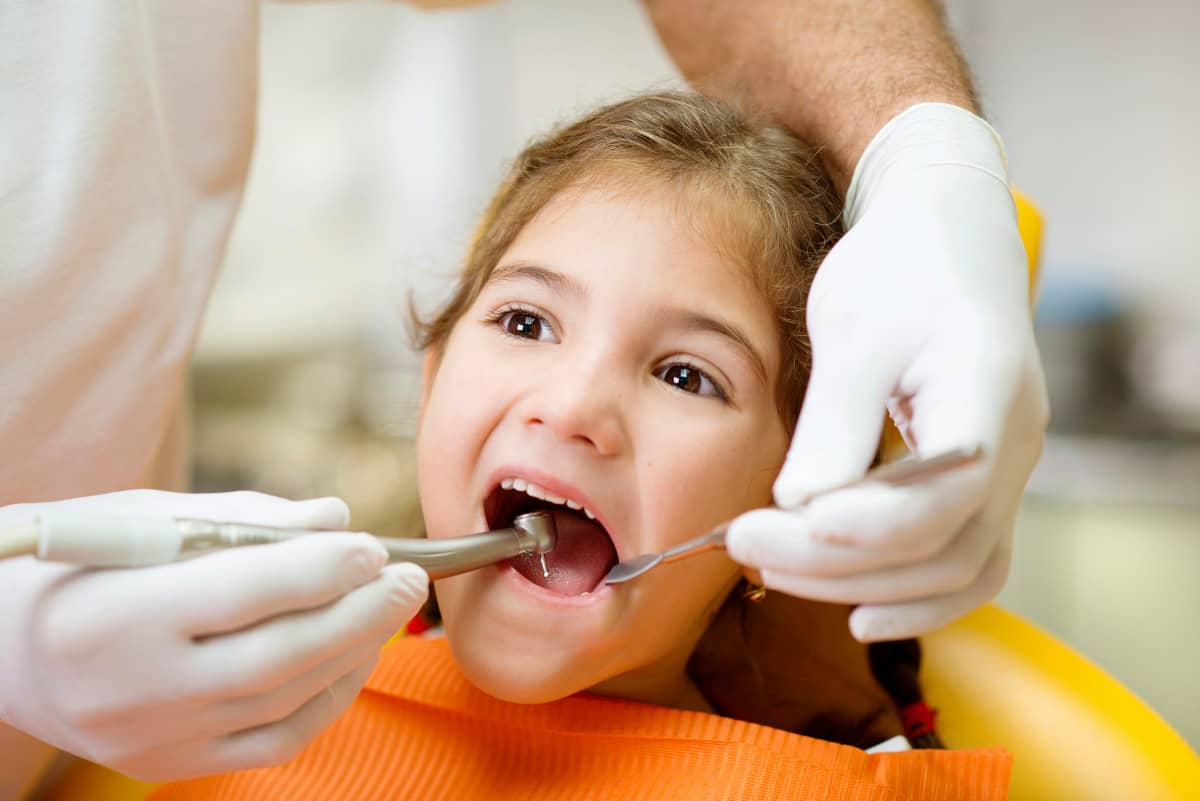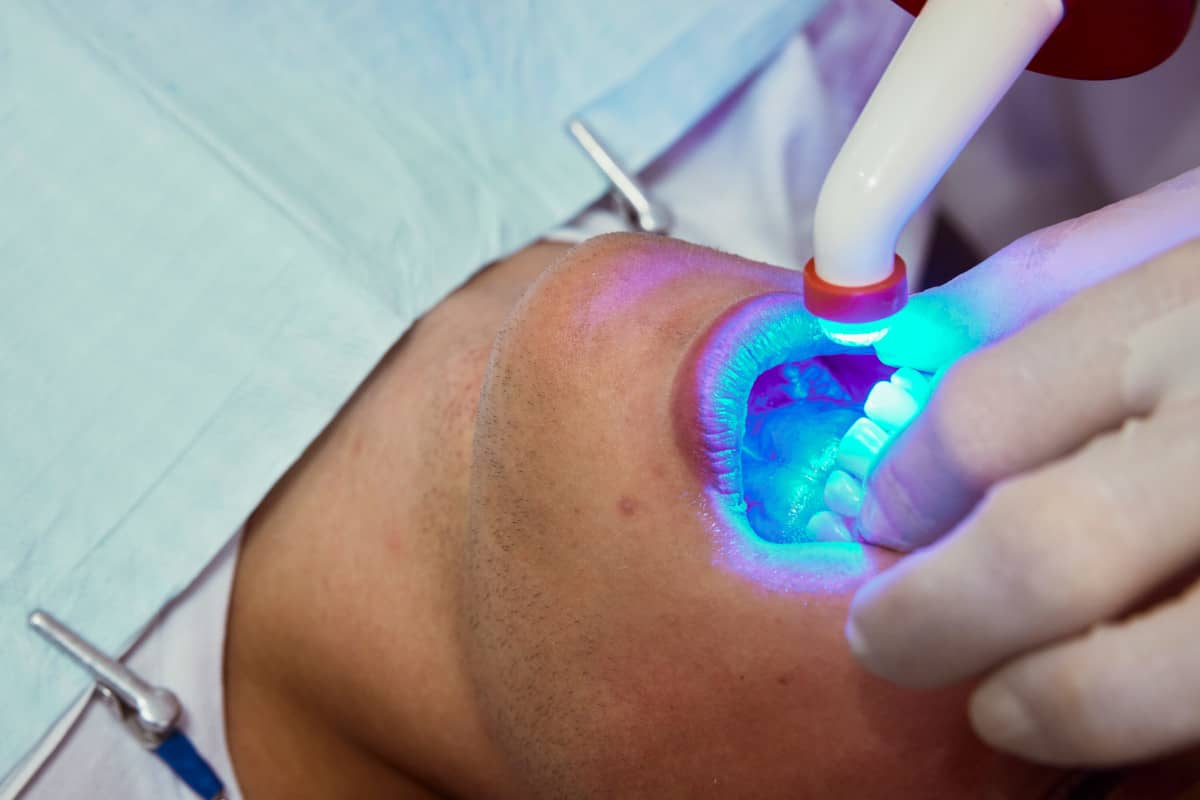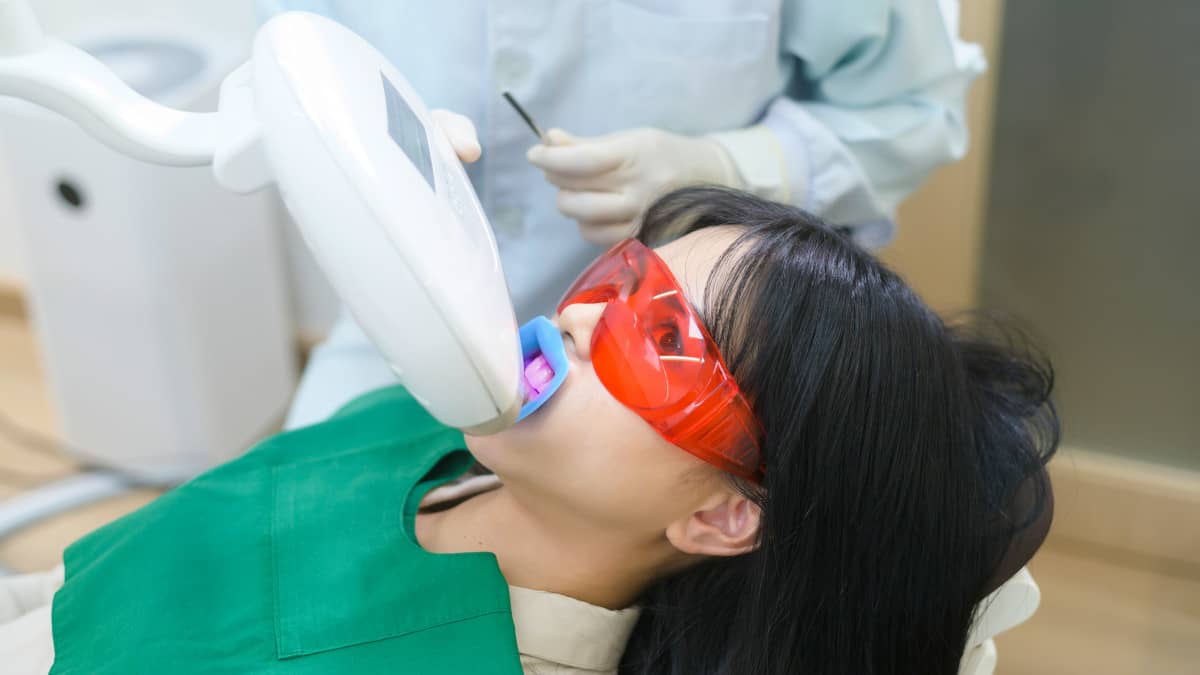
Treatment of tooth abscess or abscessed tooth
Behind this complicated word (“dental abscess”) lies something much simpler and which many of us have painfully suffered from at some time or other: a phlegmon.
What is an abscess and what types are there?
A dental abscess or abscessed tooth is a collection of pus caused by a bacterial infection.
As a result of the action of polymorphonuclear leukocytes against bacteria or their products, a periodontal pocket is formed that includes dead cells, detritus, polymorphonuclear cells and macrophages which, unable to drain, forms the abscess: a barrier that tries to prevent the infection from spreading.
When occurring in the tooth, there are two types of abscesses.
- Pericarpial abscess or tooth abscess, which occurs at the root of the tooth, inside the bone.
- Periodontal abscess or gingival abscess, which, as its name suggests, occurs in the gum, near the root of the tooth.
Origin of dental abscess
In the case of pericarpial abscess, the origin is usually established in an untreated or poorly treated caries, a lesion or previous root canal treatment. When the caries is deep, it can affect the pulp of the tooth, causing an accumulation of pus.
In periodontal abscess the infection occurs between the tooth and the gum. In people with severe periodontal disease, bacterial infection can occur when food debris remains in the space between the gum and the tooth.
A third source may be trauma. A blow to the teeth can cause oral fissures that are the source of the abscess.
Symptoms of tooth abscess
- Swelling of the face that may extend to the neck.
- Constant and intensepain.
- Pain when moving the jaws, making breathing and swallowing difficult.
- increased bodytemperature (fever).
- The affected tooth may move in the gum.
- swollen lymph nodes in the jaw or neck and pain on palpation.
- Unpleasantsmell and taste in the mouth.
- Relief of pain if the abscess is drained.

Tooth abscess on the gum
Prevention of abscesses
As so often, dental hygiene is the main factor in preventing abscesses.
- Maintaining proper dental hygiene. Brushing after every meal, using dental floss and mouthwash prevents periodontitis, caries and abscesses.
- Avoid foods rich in sugars.
- Keep your mouth hydrated. Dry mouth, due to medication or ageing, increases the likelihood of abscesses or cavities.
- Use fluoridated toothpaste and water.
- Change the toothbrush or electric toothbrush head every three months.
- Quit smoking, if you are a smoker.
- Visit the dentist for check-ups and professional oral cleanings. X-rays to check for old root canals.
Treatment of dental abscesses
An abscess requires treatment. It is not a disease that heals spontaneously; it requires the intervention of a dentist.
Therefore, you should request a visit with us, in order to confirm the diagnosis, assess its severity and receive the appropriate treatment. In the meantime, if you notice a pimple on your gum, rinse your mouth several times a day with a mild saline solution (half a teaspoon of salt in a 250ml glass of water). This can help drain the pus and relieve pressure.
The treatment we recommend will stop the pain.
Drainage. Performed to remove the pus and reduce the pressure, resulting in immediate pain relief.
Dental curettage. Dental curettage and scaling and root planing removes the pockets of pus and food debris that have been the source of the abscess.
Endodontics. Endodontics is usually the best solution in the case of a pericarpial abscess. In this way, we drain the infection (we eliminate the pocket formed by the pus) and seal the canals to prevent it from recurring.
Dental extraction. Although the priority of our dentists is and will be to preserve the tooth, when the infection is serious and dental mobility is present, dental extraction may be the appropriate solution.
Treatment of the infection with antibiotics. All these treatments may be accompanied by the administration of antibiotics, always under the prescription of our dentist.
What happens if the abscess is not treated?
An abscess is an infection that requires treatment to prevent it from spreading to other areas of the body. If left untreated, it can spread to the jaw, face or neck and, in the case of a weakened immune system, it can become generalised and end in sepsis, requiring hospital admission.




